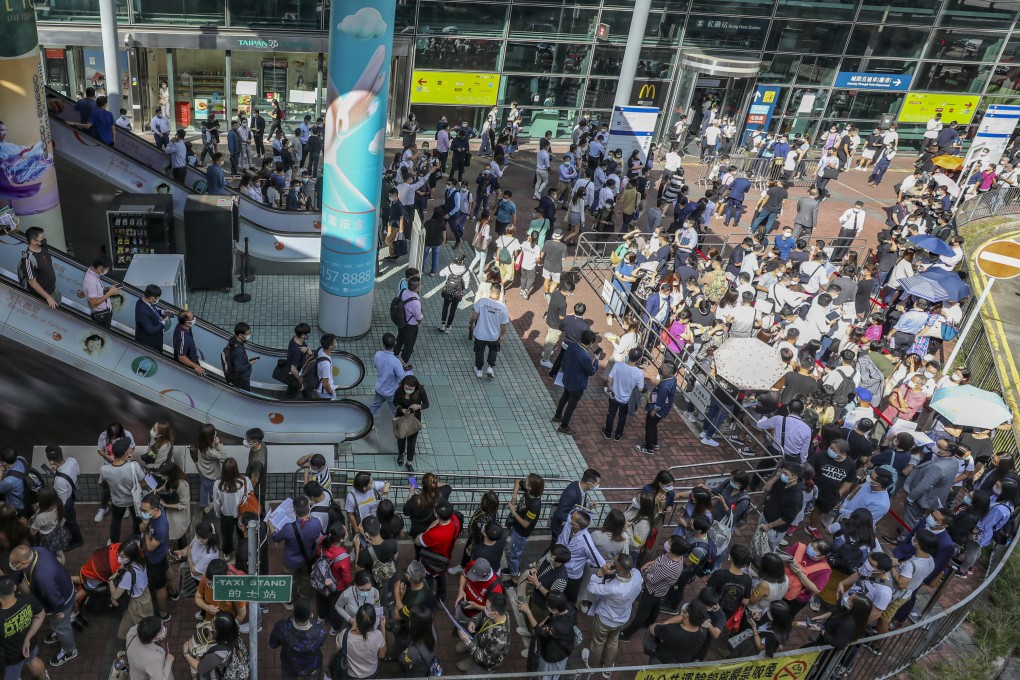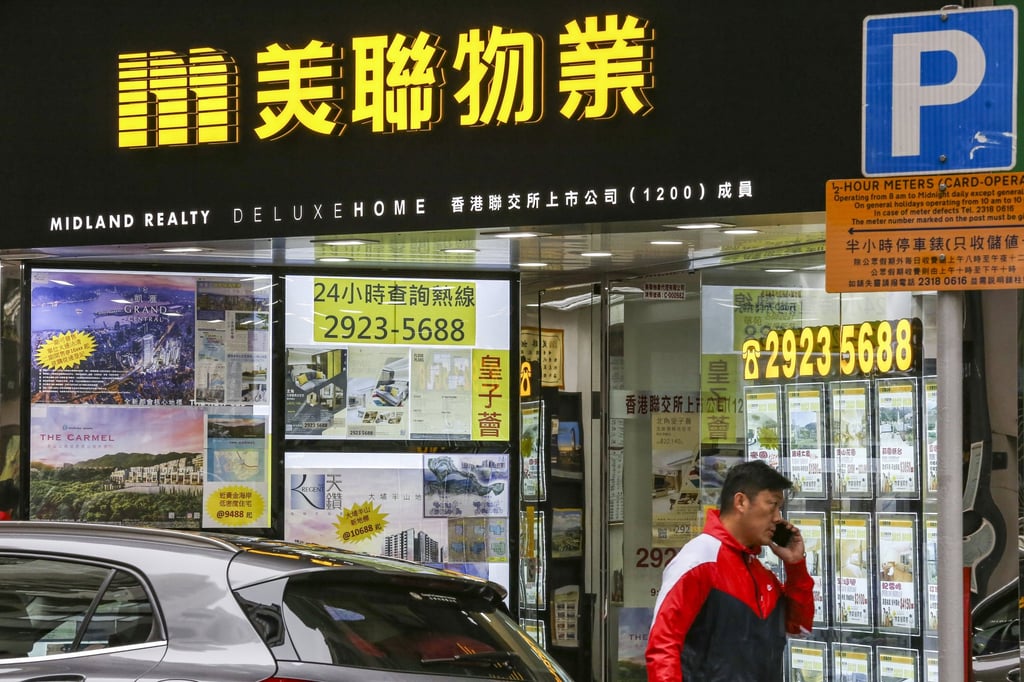Realtors pay bigger-than-average bonuses after 12 months of record sales in Hong Kong defied city’s Covid-19 outbreak and gloomy job market
- Midland Holdings said it would pay its support staff up to 2.4 months’ salary as bonus, with an average of 1.7 months, while Midland IC&I pays 1.35 months
- Centaline’s bonuses rose to a three-year high of 2.44 months’ salary for supervisors and 1.63 months for clerical staff. The company is raising pay by 3 per cent

Midland Holdings Limited, Hong Kong’s sole publicly traded agency, said it would pay up to 2.4 months of salary as bonuses for clerks and support staff, with the average pegged at 1.7 months. Midland IC&I, a unit of the Midland Group that specialises in non-residential commercial property, will pay up to 1.95 months, with the average being 1.35 months.
Midland’s 2021 revenue may jump 23 per cent to a record HK$6.11 billion (US$785 million) according to Bloomberg’s consensus forecasts, “thanks to the contributions of [our] colleagues,” said the agency’s Deputy Chairman Angela Wong. “So while the pandemic is still severe, we distribute [bigger] bonuses to thank them for their contributions and for always sticking to their posts.”

That made 2021 a bumper year for realtors, where salespeople collect fees from both sides of every transaction. The sales agent typically gets a commission equal to 1 per cent of the transacted value each from the buyer and the seller for lived-in homes. Higher fees apply for new residential property.
At Centaline Property Agency, Hong Kong’s biggest real estate sales network, bonuses have similarly increased to a three-year high, with supervisors getting 2.44 months’ salary as bonuses while support staff get 1.63 months.